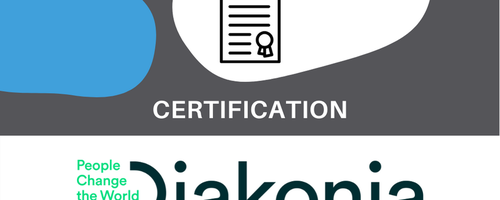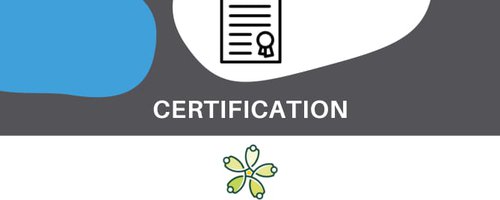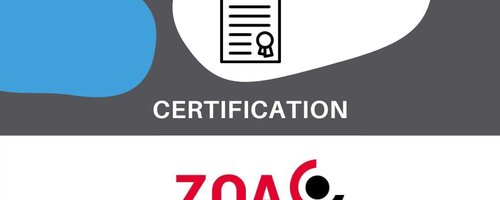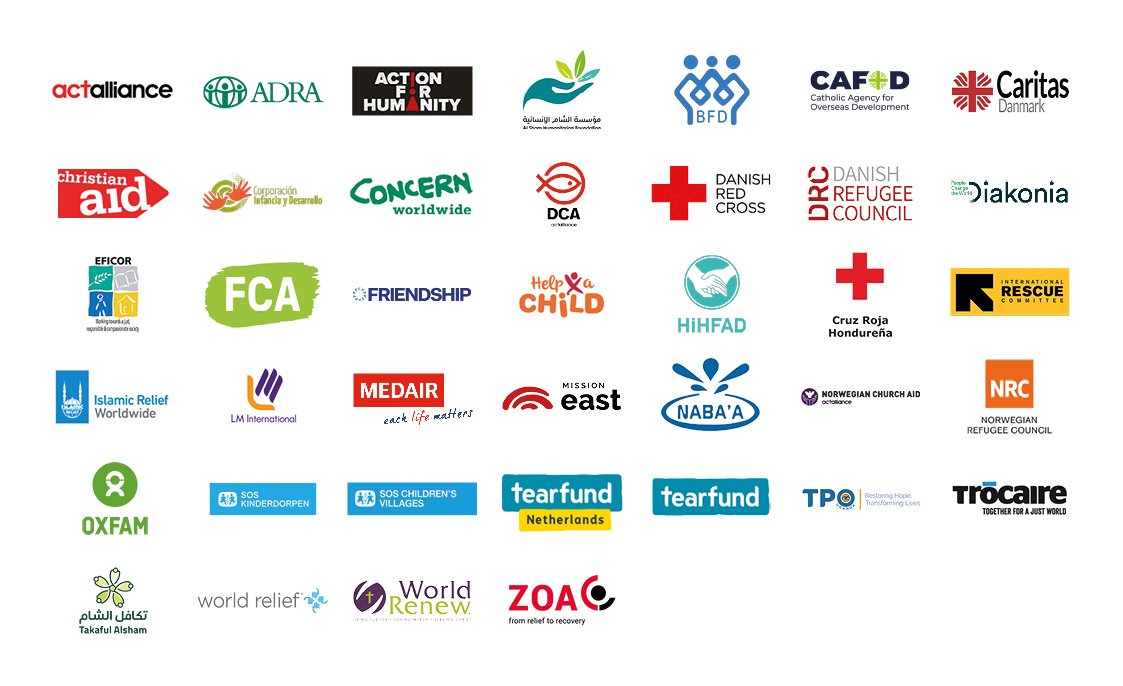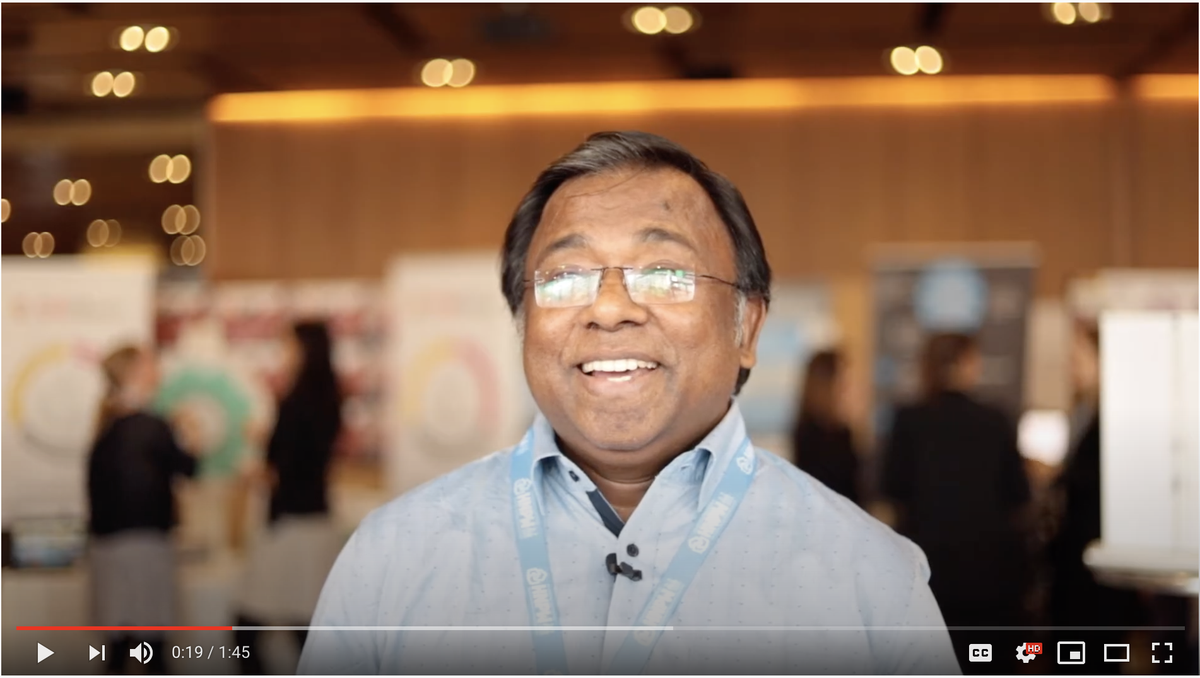Certification
The most robust independent audit service
In technical terms, certification is the independent and objective assurance that an organisation meets the requirements specified in the Core Humanitarian Standard on Quality and Accountability (CHS), good practices or commitments.
In other words: Certification is the most robust independent audit service.
It entails a thorough assessment of the organisation that leads to a pass or fail decision: only when an organisation conforms with the requirements of a standard, it receives the certificate.
The certification is valid for a period of three years, during which regular audits are conducted on the organisation. To maintain the certification, the organisation must continue to conform to the standard. This is assessed in annual maintenance audits. Every audit leads to a new pass or fail decision, and HQAI has the possibility to suspend a certificate or even withdraw it if the audit reveals that the organisation does not sufficiently meet all requirements of the standard.
Organisations must address non-conformities within a given timeframe upon receiving the audit results. The entire organisation is involved in a learning process, continuously improving its systems and processes. This commitment to improvement is integral to the principles of auditing.
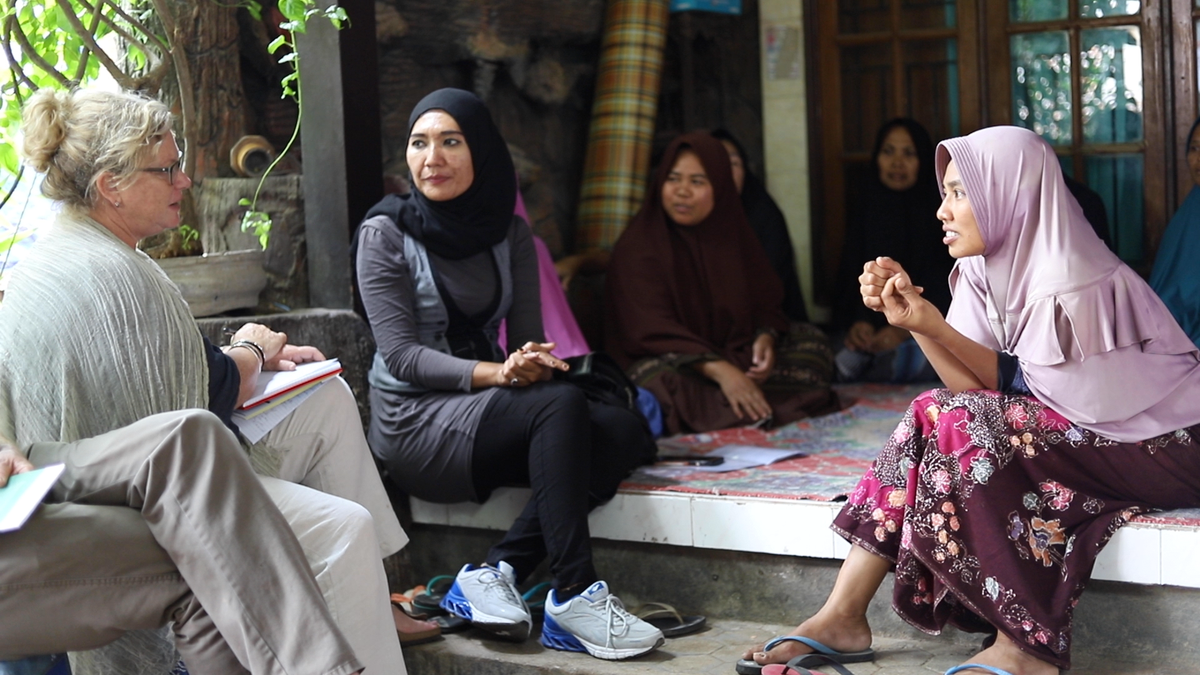
What are the benefits?
HQAI supports organisations in working towards principled and people-centred aid.
The benefits of certification are manifold, including:
- Demonstrating Compliance: Certified organisations can use the HQAI certification mark in their branding, building trust with stakeholders.
- Learning and Improving: Organisations undergo a continuous learning process, enhancing their accountability, credibility, and transparency.
- Enhancing Aid Quality: Certification improves aid quality, accountability, efficiency, and equitability, ultimately contributing to improving the lives of vulnerable and at-risk people and communities.
- Strengthening Organisational Systems: The audit process strengthens organisational systems, reinforcing technical and organisational capacities.

CHS Audits for us are special, as they look at us holistically, both in terms of the broad spectrum of the nine commitments, but also from different angles that include the voices of the people we serve. This makes every audit a very constructive and formative exercise in itself; interviews and follow-up conversations with HQAI auditors are often also moments of reflection and ideas. For us, concluding an audit is, therefore, always somewhat of an inspiration: It confirms where we have moved forward while helping us understand where we should have more ambition in our journey to become the most accountable we can be as an organisation. This is not least due to the quality of the auditors we had over the years.
Volker Hüls, Head of Effectiveness, Knowledge and Learning at Danish Refugee Council (DRC), December 2023
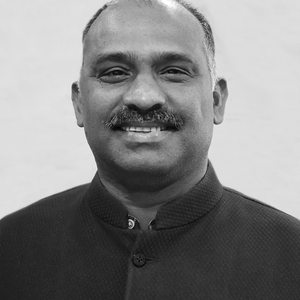
CHS certification has been an incredible identity for EFICOR. It gives us great branding and visibility at the national and international level stakeholders. It also helps us to be intentionally quality-conscious and financial prudence. It ensures our role as good stewards of resources and people-centric implementation processes.
Ramesh Babu, Executive Director of EFICOR, December 2023
Have a look at our certified organisations
Demonstrating compliance
Certified organisations are permitted to use the HQAI certification mark in their branding. This unique label demonstrates that they comply with the standard (CHS) and it builds trust with stakeholders, including institutional donors, partner organisations and the general public.
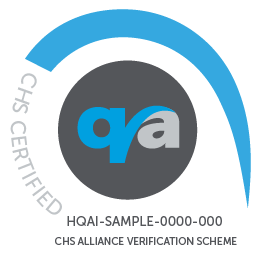
Let’s have a closer look at the certification process
Our auditing methodology is adapted to the CHS and specificities of humanitarian and development work and organisations, similar to management system auditing in other sectors. The audits conducted by HQAI are customised and adjusted to suit the organisations being audited and the locations where they operate, all while maintaining a consistent and rigorous process. The objective of these audits is to determine if the organisation has a systematic approach to quality and accountability, resulting in good practices on the ground.
- Gather Evidence: HQAI auditors review documents, observe organisational practices, analyse information flow, and engage with staff and partners of the audited organisation. In addition, HQAI auditors directly consult communities affected by crises. Evidence is collected from the Head Office, selected country/regional, and project sites.
- Analyse Evidence: Evidence is analysed to review if governance structures, policies, procedures, internal quality management systems, and the culture of an organisation allow the application of the Core Humanitarian Standard.
- Help Organisations Improve: HQAI provides comprehensive feedback through a thorough report, working collaboratively with organisations over time. The summary report is made available to the public to read. The goal is continual improvement, building trust and better aid, and HQAI provides the necessary tools for organisations to enhance their quality and accountability. Ultimately, the entire process is intended to benefit the affected populations and communities that organisations work with.
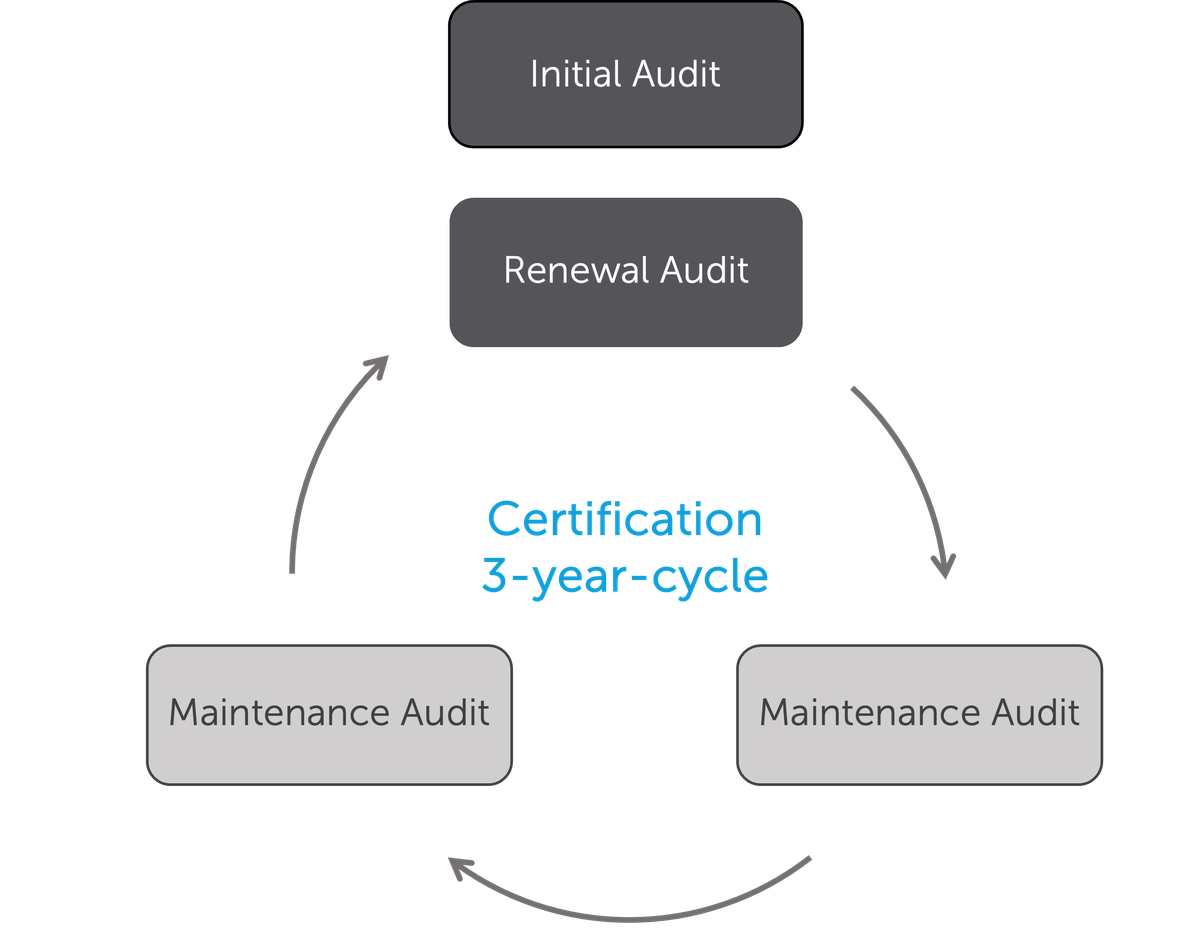
The audit takes place at the organisation’s head office and selected project sites. A decision to certify is made, which, if granted, is valid for three years. The summary report is made public, and the certificate and permission to use the certification mark is issued.
Mostly remote. The auditors focus on previous non-conformities (= areas of weakness as identified in the initial audit) and the organisation’s progress towards resolution. Production of a report and, as relevant, a decision is made to maintain, suspend or withdraw the organisation's certification.
Before the end of the validity of the certificate, a new certification cycle starts with a renewal audit, very similar to the initial audit (on-site and HO).
If the renewal audit is successful, a new certificate is issued and valid for three years.
"Feedback given by communities forms a crucial part of the audit process. It helps us understand their opinions or the quality and appropriateness of the services they receive. Their input directly informs the audit findings and is reflected in the reports."
Claire GOUDSMIT, senior auditor, November 2019
How much does it cost?
Naturally, independent and objective quality assurance has a cost. The good news is that as a not-for-profit NGO, HQAI aims to make its services accessible to all organisations regardless of their ability to pay: find out more about the Group scheme and check whether your organisation is eligible for subsidies by HQAI’s Facilitation Fund.
The cost of certification depends on many factors and is largely dependent on the size of the organisation. “Size” refers to the number of countries where an organisation runs activities (country programmes).
HQAI will offer a detailed cost plan after the application process and the necessary in-depth analysis of each individual case.
Cost estimator
This cost estimator gives an indication on the cost involved for your organisation. Please note however that each organisation is unique and that this tool takes only a few elements into consideration (please note: this quote is in Swiss francs CHF and non-binding).
Your next step
Let's start this conversation. Your application allows us to get to know you.
These are useful links

Application form
By submitting your application you take a first step to establish a partnership between your organisation and HQAI.
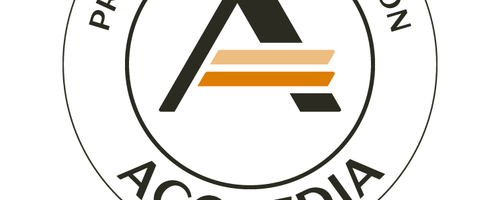
Double trust
HQAI's CHS certification scheme is accredited by an external body. Meaning: a service you can trust.

All audit reports
You fast access to all HQAI reports
